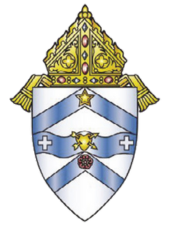
The Diocese of Austin used remote monitoring and management (RMM) solutions from other vendors to fulfill their clients’ IT and security needs. However, those solutions did not fit their need for up-to-date, intuitive solutions. Not only were these conventional RMMs manual, clunky and slow to innovate, but the Diocese of Austin also did not receive the support and training required to deliver superior IT experience.
The Diocese of Austin was looking for an advanced IT security solution to remotely secure, monitor and manage their customers’ networks and computers.
Download the Case Study to find out how Data Integrity Services and Datto helped them solve these problems.
The Diocese of Austin was founded in November 1947 as the seventh diocese in Texas by Pope Pius XII. The diocese comprises 127 parishes, missions, university Catholic student centers and 23 schools. It is home to over 701,300 Catholics across 25 counties of Central Texas in the United States.

The Challenge: A University at Risk
Like many universities, SEU once believed that a basic antivirus solution was “good enough.” But in today’s world, where cybercriminals target educational institutions with ransomware, phishing, and data breaches, that approach left them vulnerable.
Read our Case Study to find out how Sophos and Data Integrity Services helped SEU get the protection they needed!
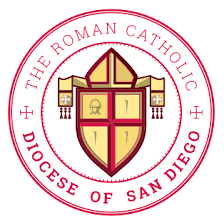
The Turning Point: Partnering for Unified Protection
DIS recognized that education was as crucial as technology. Partnering with Sophos, they developed a scalable, centralized cybersecurity solution and launched an awareness campaign to help diocesan leaders understand the importance of robust security measures.
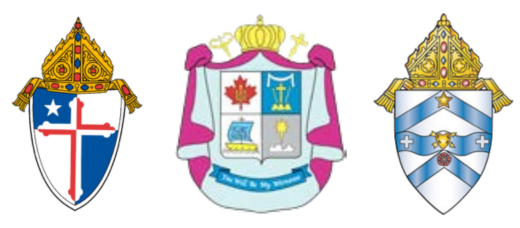
In the digital age, Catholic dioceses are increasingly targeted by cyberthreats that can undercut their mission-driven openness and community trust. From phishing scams to ransomware attacks that lock critical data, the threats are varied, sophisticated, and continually evolving.
The unique vulnerabilities of Catholic dioceses stem from their inherent structure and function. They are often decentralized, with numerous parishes and schools operating under the same administrative umbrella, each with different levels of cybersecurity preparedness. Moreover, they handle sensitive data, from donor records to confidential correspondence, making them prime targets for cybercriminals.
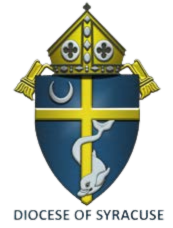
IT Director, Kory Hopkins, manages a small team consisting of two technology professionals who support approximately 125 locations—a mix of parishes and schools. Each location’s network has unique complexities and issues—some have firewalls, others have IP-based security, and still others have access control systems.
When Hopkins was confronted with new and more stringent requirements from the religious organization’s cyber liability carrier, he knew it was time to reassess the security infrastructure of the diocese. Prior to engaging with Sophos, Hopkins and his team had incorrectly assumed that their current firewall vendor had a solution that was capable of adapting to the changing threat landscape and technology trends.
Read our Case Study to find out how Sophos and Data Integrity Services helped Syracuse meet their Cyber Liability Requirements!
The Roman Catholic Diocese of Syracuse is a large evangelical religious organization in upstate New York. Its estate encompasses 116 parishes, 10 missions, and seven oratories. The Catholic diocese also encompasses two hospitals, six area charities, and 21 schools, including four junior and senior high schools.
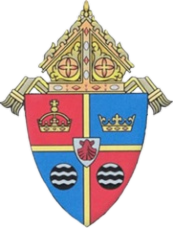
Security and Information Officer Gus Garcia coordinates all aspects of IT and security across the diocese. From his perspective, he views the IT organization as a shared services operation. Garcia is responsible for the security of every device and for providing auditors with reports to demonstrate regulatory compliance.
Garcia and his 12-person team were looking to build a multilayered, holistic security environment to defend against today’s advanced threats and provide users with optimized, secure services. The organization’s core multivendor solution set included MX Logic for email security, Cisco firewalls, and Symantec for endpoint protection. Garcia was continually frustrated with the limitations of these products, not to mention productivity-draining downtime and high bandwidth load.
Download our Case Study to find out how Sophos and Data Integrity Services helped Brooklyn consolidate their solutions with an award-winning solution.
The Roman Catholic Diocese of Brooklyn is the seventh largest organization of its kind in the U.S. It serves more than 1.5 million Catholics living in Brooklyn and Queens and includes 187 parishes
and approximately 90 schools.